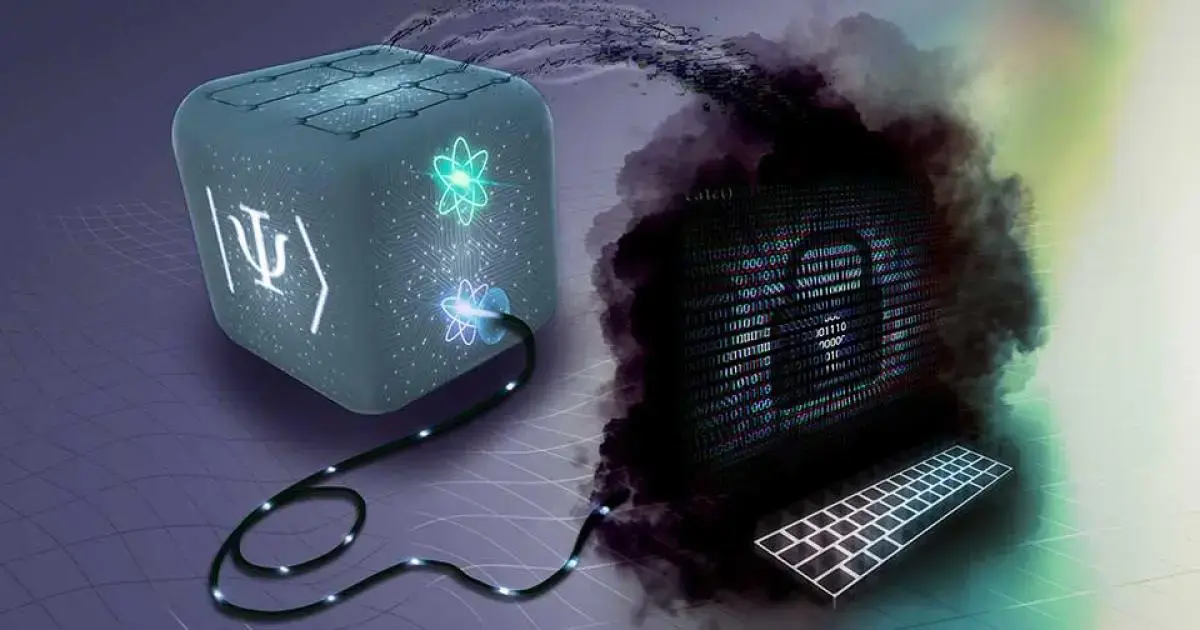The full power of next-generation quantum computing could soon be harnessed by millions of individuals and companies thanks to a breakthrough by scientists at Oxford’s Department of Physics guaranteeing security and privacy. The advance promises to unlock the transformative potential of cloud-based quantum computing and is detailed in a new study published in Physical Review Letters.
In the new study, the researchers use an approach known as ‘blind quantum computing’, which connects two totally separate quantum computing entities – potentially an individual at home or in an office accessing a cloud server – in a completely secure way. Importantly, their new methods could be scaled up to large quantum computations.

what use would a regular citizen have for a quantum computer?
“Guaranteeing security and privacy” could a strong argument imho.

couldn’t they get that with a regular computer?

So regular cryptography is threatened by quantum computing, for sure. I imagine you’d wind up with some kind of quantum coprocessor like we used to have for math back in the day because quantum computing isn’t a replacement for current computers.
That said, cloud-based quantum cryptography has a big hole in it: the connection to the cloud.

So regular cryptography is threatened by quantum computing
I don’t see that happen anytime soon. The theoretical advantage can’t be used because of practical disadvantages, so far.

Agreed, although I wonder how much further ahead state actors are compared to common knowledge. Standard encryption will be broken before most of us are aware, I think.

There are plenty of quantum resistant cryptography methods that already exist and have existed for a decade or more.

Maybe not once quantum computers become more common.
Our current encryption methods can be represented as wave functions. This allows a sufficiently large quantum computer to solve for the keys in very little time.
There are new algorithms being developed that should defend against this. So you may still be correct.

If you’re thinking of quantum encryption, that’s entirely separate from quantum computing.

Limited, but there might be a few. Generating the best route between two locations might be one.
There’s some stuff at medium sized businesses that would be useful, like how to pack a box most efficiently. Or many boxes in a truck.
Maybe some fast sorting algorithms, or compression? Not sure if there’s algorithmic efficiency to gain, there.

Bitcoin mining

Your AI Girlfriend becoming even more real probably

What more likely to come out first: quantum computing or nuclear fusion?

Yes

Hasn’t nuclear fusion been out for a while? I thought the sun did that for us.
I also doubt quantum computing would make its way into the consumer market in any practical form for a long time. To begin with, there needs to be a demand for it, and as far as I can tell, there’s not really any application the average consumer uses that can benefit from quantum computing. A fission power plant, on the other hand…

